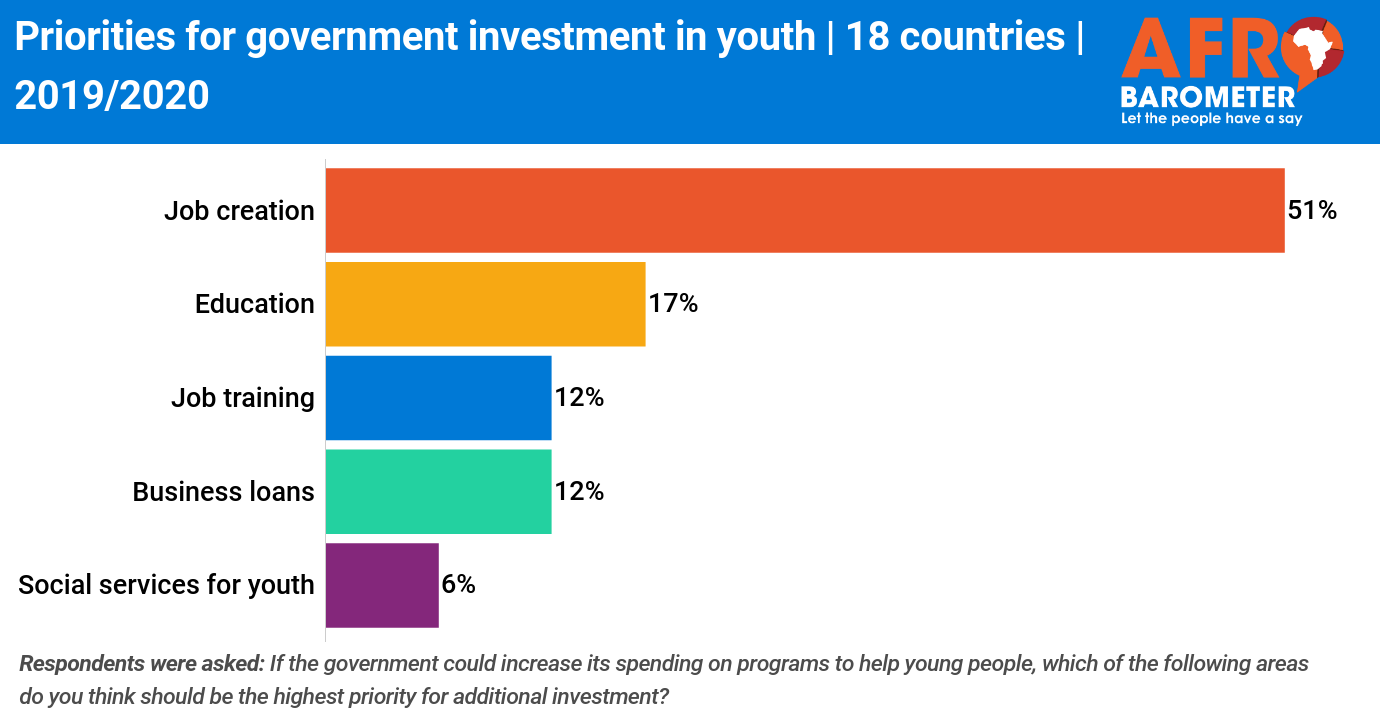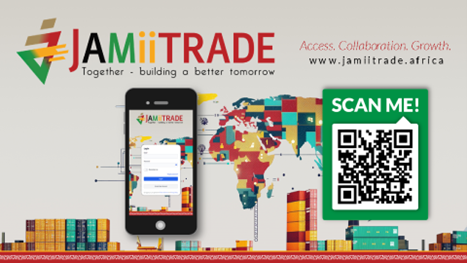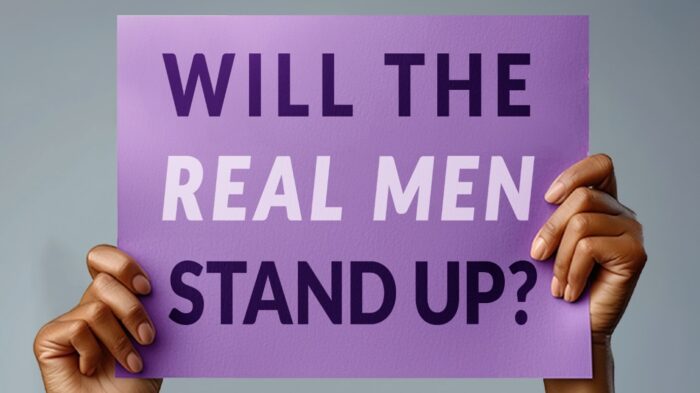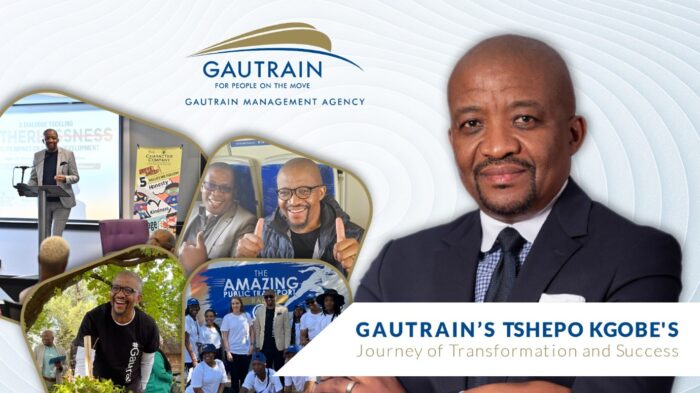The Time to Invest in Our Youth is Now
Johannesburg, 23 February 2021 – In Africa, an estimated 25 to 30 million jobs could be lost due to the pandemic, according to the African Development Bank. The brunt of this will be felt by the youth, considering that youth unemployment rates are three times higher than for adults (OECD, 2018 data) in most African countries. More importantly, young women who make up over half of the youth unemployed will find it harder than ever to close the gender gap.
In fact, just over half (51%) of Africans identified job creation as the top priority for additional investment – If their government could increase its spending to help young people. The majority (57%) are also willing to pay higher taxes to support programs to help young people, according to the latest Afrobarometer surveys conducted in 18 countries.

Sadly, African governments are failing to meet the needs of their young constituents. In fact, only about one in four Africans (27%) think their government is doing a “fairly” or “very” good job of addressing the needs of the youth.
Findings from the survey also shed light on a range of other challenges confronting Africa’s youth. Younger Africans have made substantial gains in terms of educational achievement, but they still face huge gaps in paid employment, making job creation the most critical issue on the youth agenda.
When we add underdeveloped markets; poor infrastructure; and a lack of skilled local labour into this mix, the outlook for Africa’s youth post-COVID do not seem very rosy.
On the upside, the African continent is considered one of the fastest-growing economies in the world. Moreover, the Africa Continental Free Trade Area (AfCFTA) has the potential to boost regional income by 7% or $450 billion, speed up wage growth for women (+10.5 percent), and lift 30 million people out of extreme poverty by 2035, according to a World Bank report.
Furthermore, COVID-19 has clearly demonstrated to us just how inextricable business and society are linked and the importance of combining social, economic and environmental priorities. This means that if Africa’s youth are suffering and unable to establish productive livelihoods, it is not just a youth problem, but also a business AND society problem. In fact, as the global economy recovers from the impact of the pandemic, businesses have an opportunity to re-build with more socially and environmentally sustainable models.
One way forward is creating African shared value for the Africa we want (Agenda 2063) – driving a more inclusive Shared Value economy across Africa, one capable of cultivating the lifeblood of our continent’s future, namely the youth and entrepreneurs.
Only through the incorporation of social good into business fundamentals, can Africa’s challenges become the key to unlocking the continent’s growth potential in the 21st century. Creating Shared Value, after all, is business at its best – delivering business growth and social impact at scale.
In the final instance, however, Africa’s youth should be at the centre of every country’s post-COVID-19 recovery plans. Sectors like tourism, agribusiness, information and communication technology, and other services show potential for large-scale productivity growth and job creation. Young people are already stepping up as entrepreneurs in these sectors. They now need access to capital to start and grow businesses, and innovative financial and loan instruments are needed.
Young people should also be given other business-related support by both the private and public sectors, as well as life-long education or vocational training to equip them with the skills necessary for future jobs and economies.
The time to invest in Africa’s youth is now.
SOURCES:
https://afrobarometer.org/sites/default/files/publications/Dispatches/ad418-african_publics_say_governments_must_address_needs_of_youth-afrobarometer_dispatch-11jan21.pdf
https://www.afdb.org/sites/default/files/documents/publications/afdb20-04_aeo_supplement_full_report_for_web_0705.pdf
https://www.worldfuturecouncil.org/covid19-what-about-us/




